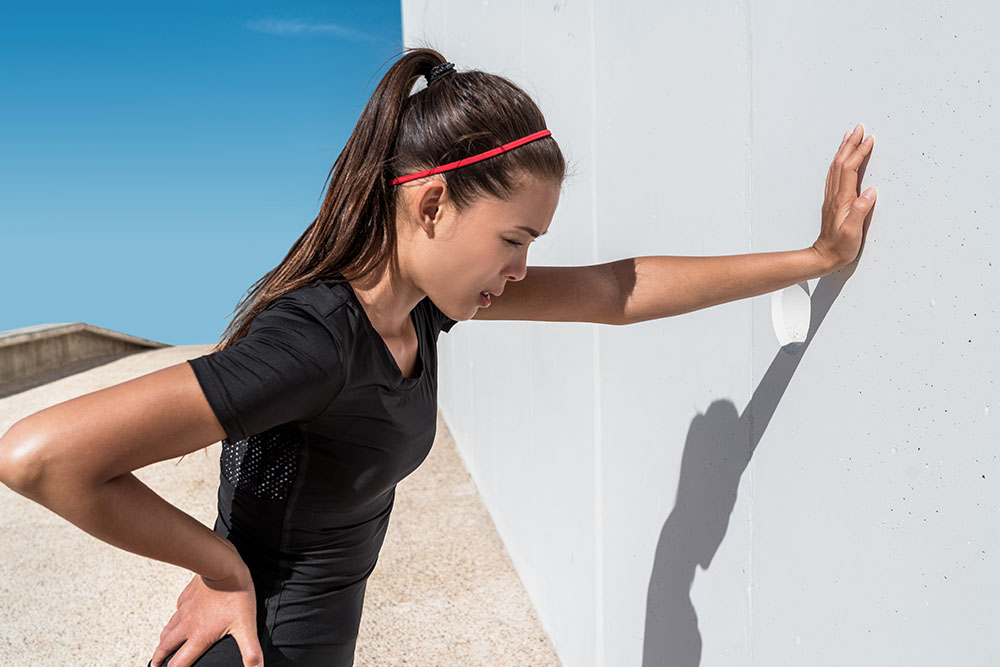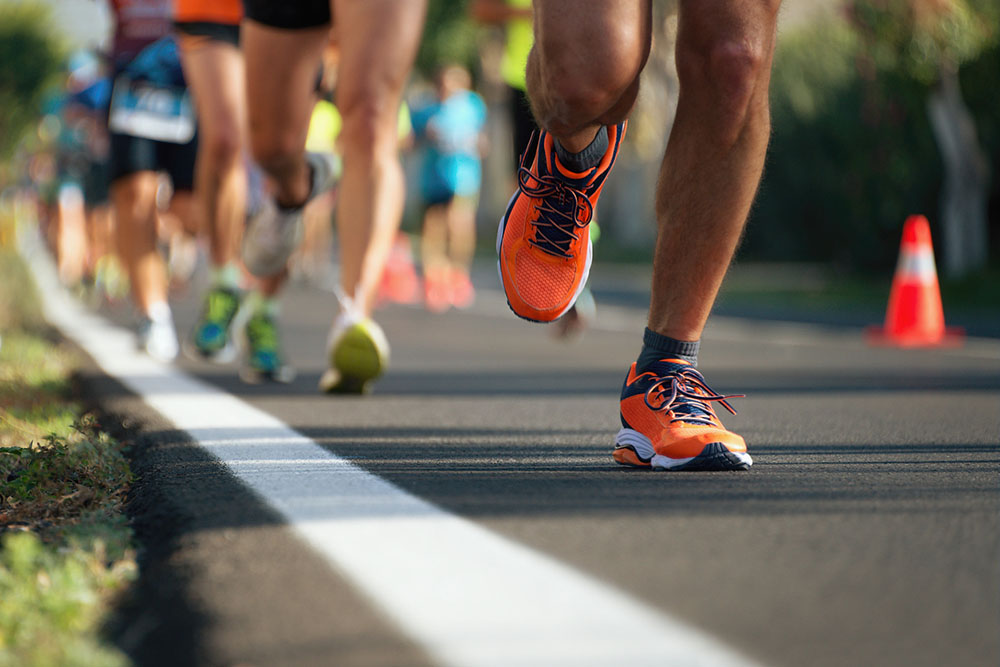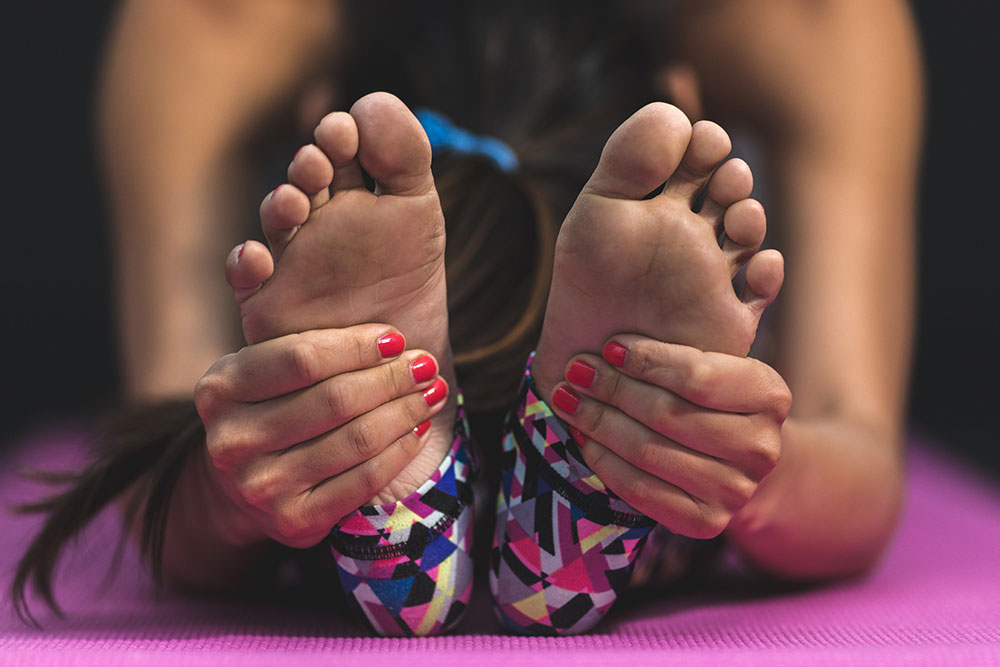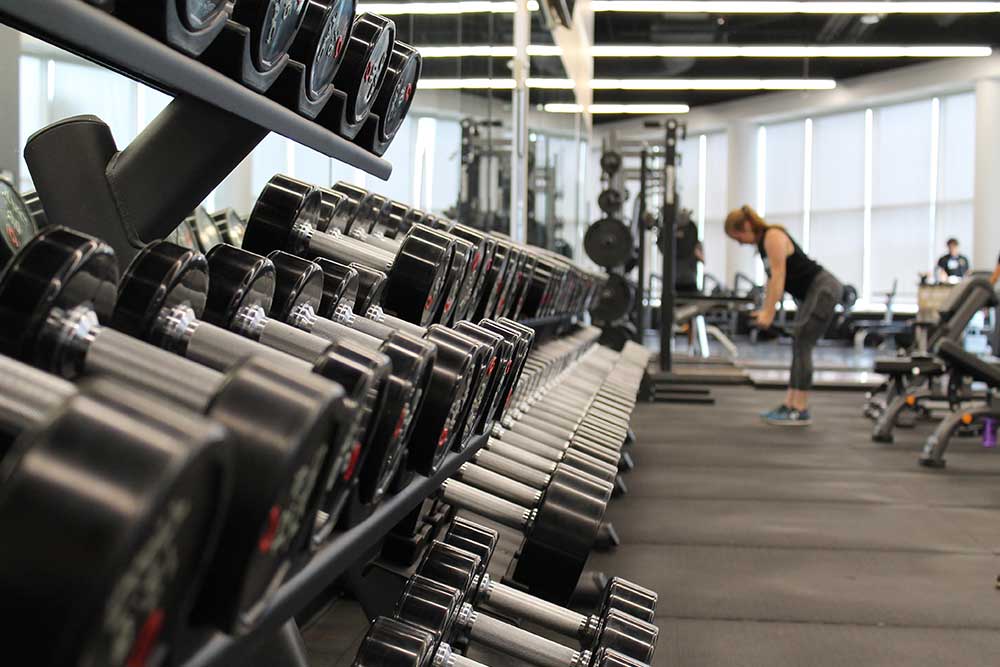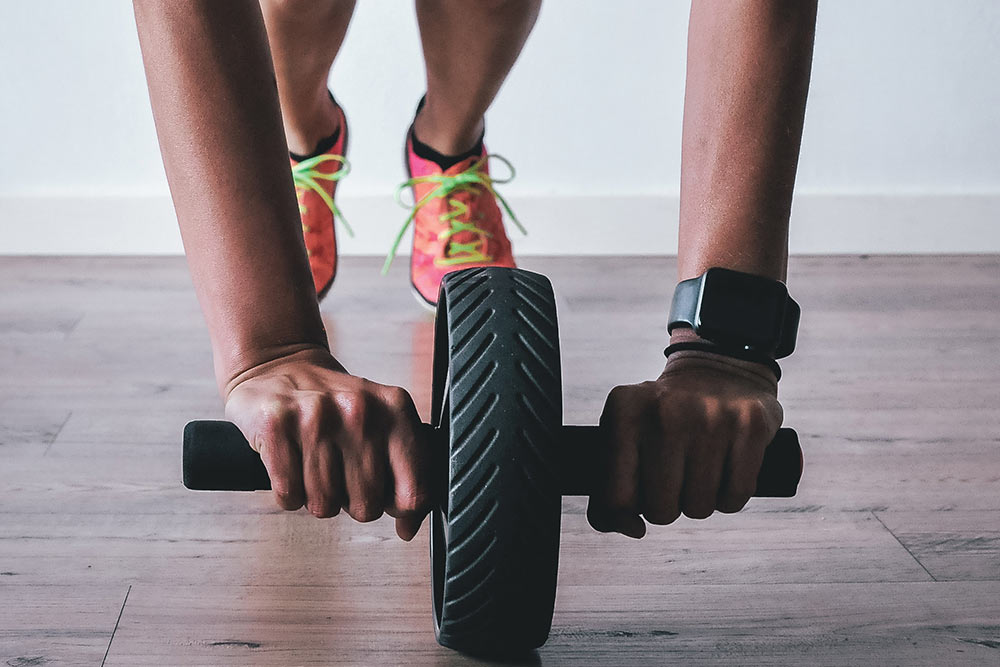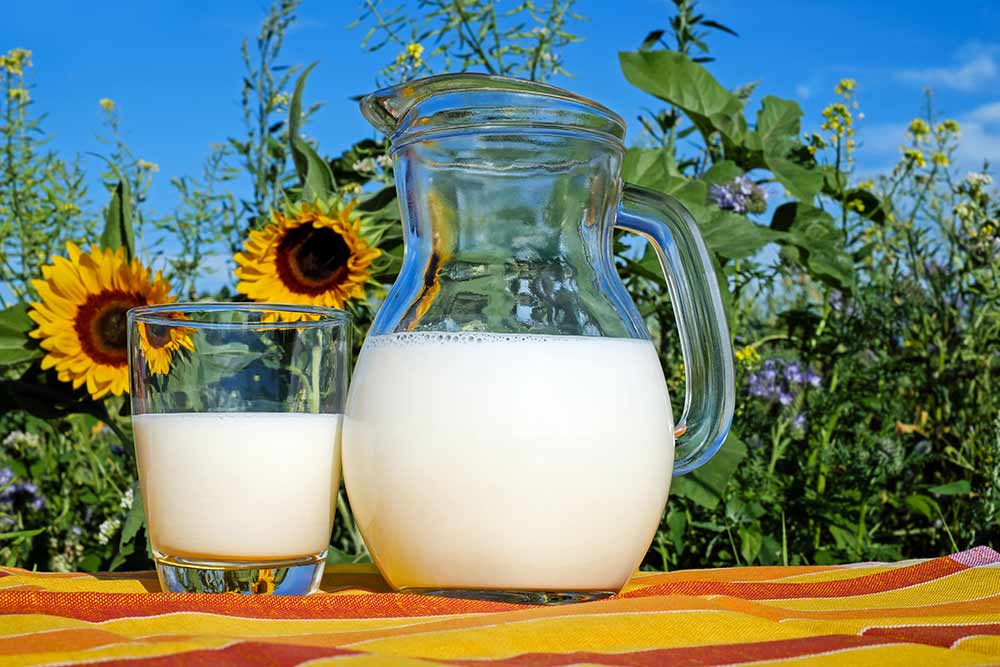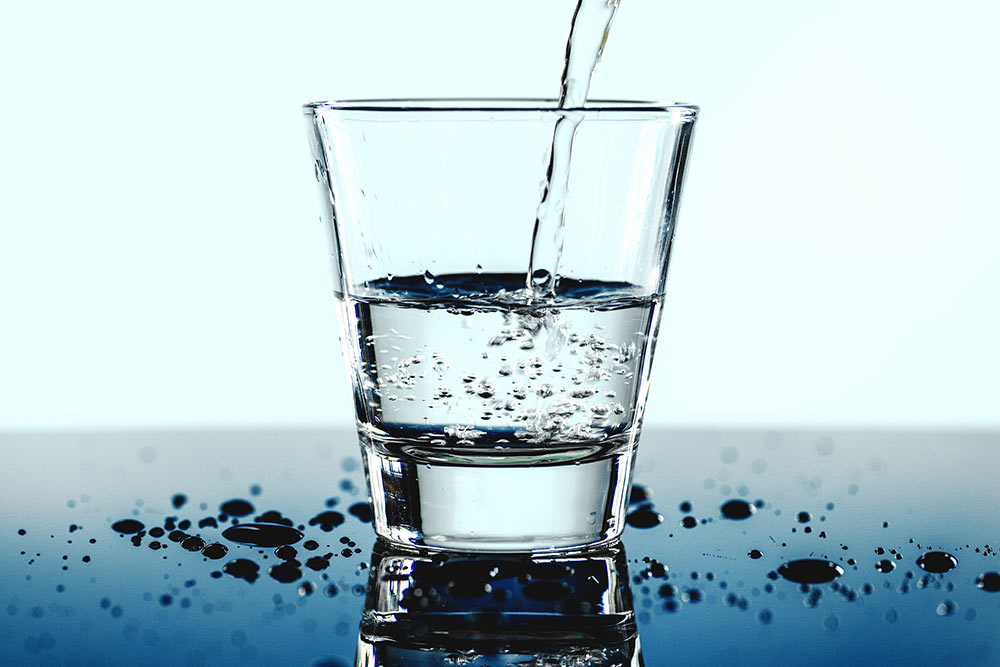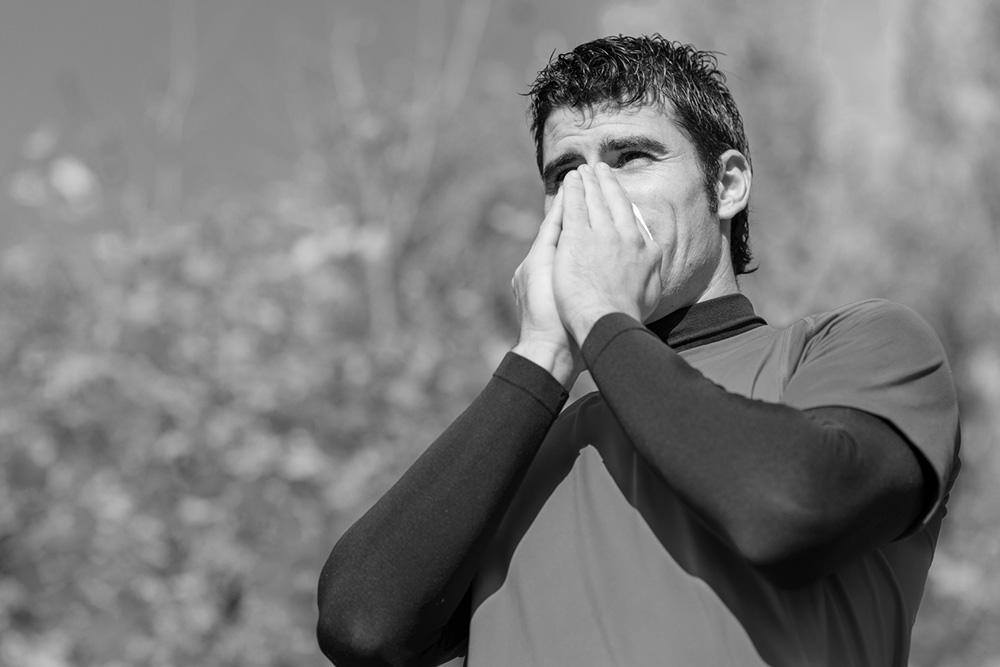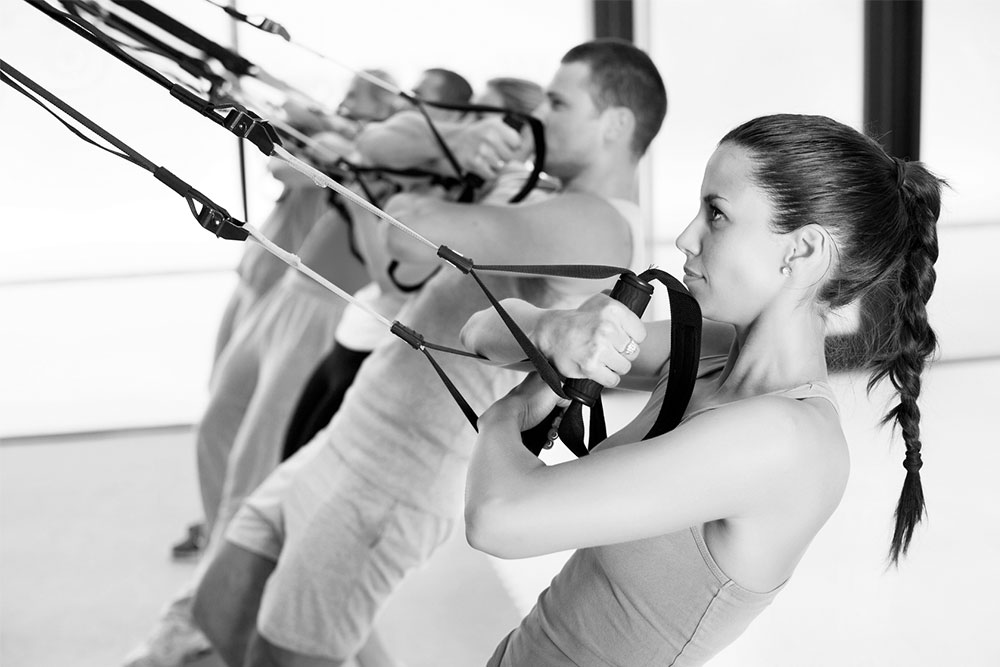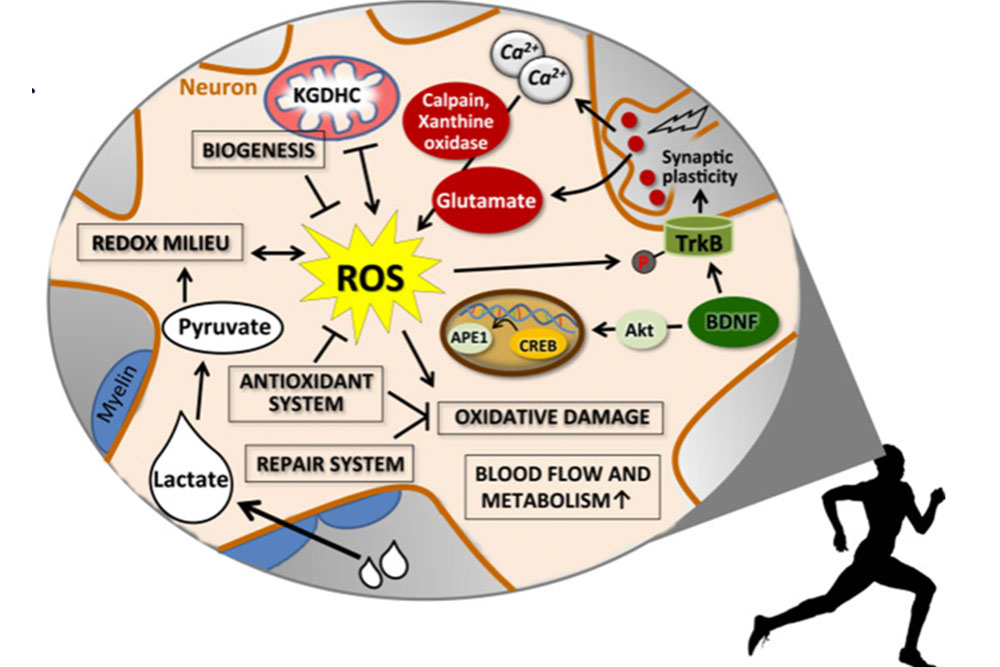What Your Sweat Says About Your Fitness Health

Every single person on the planet sweats.
Now, don’t get me wrong – I am very aware that you may tell people that you glisten, shine, or even glimmer. But in reality? Well, we all know that you simply sweat.
And this is not a bad thing.
In fact, not only is the act of sweating incredibly important, but there is also some evidence to suggest that your sweat can tell you a little bit about your health and fitness.
Why do people sweat?
So, what makes people sweat? Most of us sweat on a regular basis, and it can occur in response to several different situations. Some of the most common ones include:
- In response to high temperatures
- As an emotional response to stress
- After eating particularly spicy foods
- Due to certain medications
- As a result of an illness (cold and flu immediately comes to mind)
- During menopause
And of course, most commonly, during exercise.
Why do people sweat when they work out?
Why do people sweat while exercising? And more importantly, is sweating during exercise good or bad?
Well, first and foremost, sweating during exercise is not only normal but it also extremely beneficial.
When you exercise, your body starts breaking down fats and carbohydrates to produce energy. This is how you manage to sustain any type of exercise – because of the speed at which you produce energy increases (Saltin, 1972).
Although this process of energy production is fairly efficient, it does result in the production of heat as a byproduct. And if this heat accumulates, it can cause some issues – which is exactly where sweating enters the discussion.
In response to this increase in internal temperature, your body starts increasing blood flow to the skin and activating sweat glands throughout your body. Small amounts of water (and a host of other minerals) are removed from your body as sweat, where it begins to pool on the skin.
This sweat is then exposed to the outside air, where it begins to evaporate, cooling the body down in the process.
In short, sweating is the way your body maintains a safe internal temperature during exercise.
What does our sweat tell us about our health?
What your sweat says about your health.
There are a few signs associated with your sweat that can give you some insight into certain things that are going on in your body. These include:
- Excessively salty sweat can indicate that your body needs more sodium
- Smelly sweat might be an indication that your body is fighting off an infection
- Extreme sweating may be a sign of anxiety
- Fatty smelling sweat may suggest that your diet is not as good as it could be (and you should probably eat some more veggies)
While this isn’t a surefire way to diagnose what is going on in your body, it can give you an indication that something that might be occurring – and therefore may need further investigation.
Why do some people sweat more than others?
Now, all of this leads us to our next point nicely – why do some people sweat more than others?
As a general rule of thumb, the fat tends to hold more heat than muscle tissue (because it doesn’t contain blood vessels). As a result, people who hold more fat on their bodies also tend to sweat more to help keep their bodies at a neutral temperature.
Moreover, some people simply have more sweat glands than others, which means that they will naturally sweat more.
There is also evidence to suggest that both coffee and alcohol can cause an increase in core temperature, which leads to sweating. As a result, if you drink a lot of coffee or regularly enjoy a few cocktails, then you might sweat more than the average person.
Lastly, there is also a condition known as hyperhidrosis, which describes uncontrollable and excessive sweating throughout the entire body. While relatively uncommon, it still needs to be acknowledged.
You may also like: How Hydration Affects Short Endurance Performance
Do people who are in better physical condition sweat more?
A common question that comes up when talking about sweating is ‘do fit people sweat more?’
And in short, no – however, they do start sweating quicker.
See, people who exercise more often are better adapted to the stress that exercise places on the body. As such, during exercise (or even while spending periods of time in hot environments), fitter people will start sweating earlier than unfit people.
This is because they have developed the capacity to cool their body down quickly while under stress.
So, if we were to look at the absolute amount of sweat a fit person produces, it would be similar to that of an unfit person of the same bodyweight. It is just that they would start sweating sooner because they have improved their ability to cool themselves down.
Pretty cool, right?
Sweating during exercise benefits
Obviously sweating during exercise is a good thing because it helps cool you down. This keeps your core temperature at a safe level, and even has the potential to enhance exercise performance.
However, sweating also appears to play a couple of other very important roles in your body (Sheng, 2016: Genuis, 2012: Peterson, 2015).
Firstly, it helps you remove harmful toxins from your system. Things like plastic compounds and heavy metals that find their way into your body through the water you drink and the air that you breathe are removed via sweating.
Secondly, the increase in metabolic rate produced via sweating has been suggested to improve immune system function, enhance wound healing, and even improve the health of your skin.
Finally, like toxins, there is some research demonstrating that you also remove harmful bacteria from your body through sweat.
So, if I were to summarize – sweating (and the exercise that comes with it) is super important.
Take-Home Message
The way in which you sweat can give you some very interesting information about both your health and fitness. Amazingly, as you get fitter, your sweat response will quicken – which can have a huge impact on your exercise performance.
Who would have thought sweat could be so interesting?
References
Saltin, B., et al. “Body temperatures and sweating during exhaustive exercise.” Journal of applied physiology 32.5 (1972): 635-643.
Sheng, Jianguo, et al. “Monitoring of heavy metal levels in the major rivers and in residents’ blood in Zhenjiang City, China, and assessment of heavy metal elimination via urine and sweat in humans.” Environmental Science and Pollution Research 23.11 (2016): 11034-11045.
Genuis, Stephen J., et al. “Human excretion of bisphenol A: blood, urine, and sweat (BUS) study.” Journal of Environmental and Public Health 2012 (2012).
Peterson, Robyn A., et al. “Sweating the small stuff: Glycoproteins in human sweat and their unexplored potential for microbial adhesion.” Glycobiology 26.3 (2015): 218-229.
You May Like




